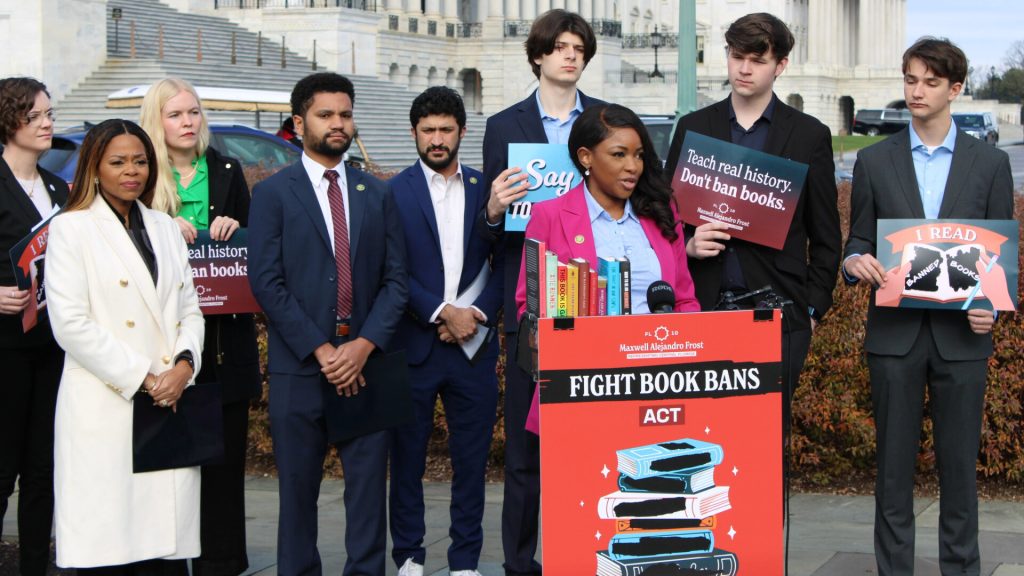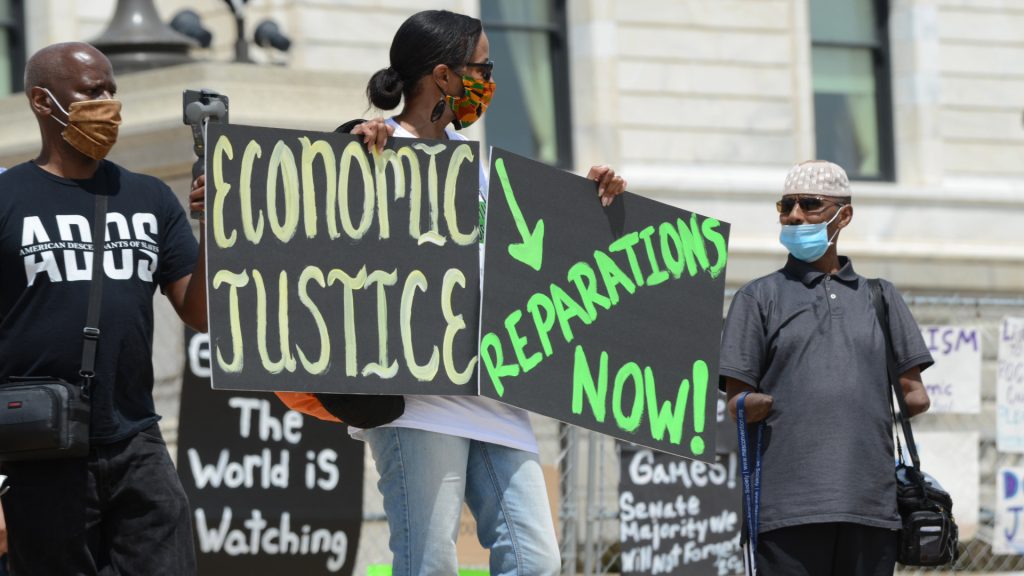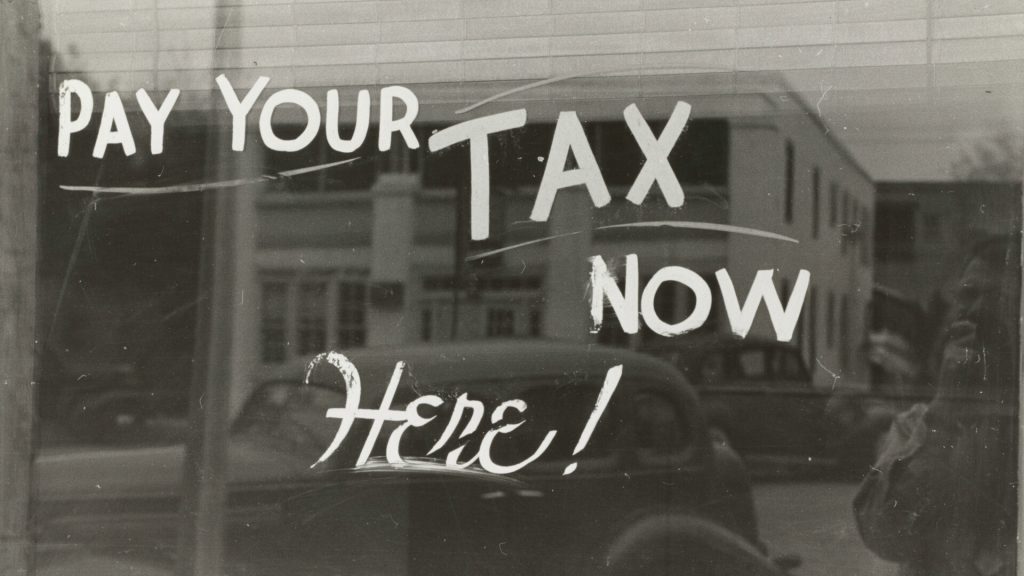Texas Democrat Congresswoman, Jasmine Crockett has introduced a bold proposal, suggesting that tax exemptions for black people could serve as reparations for slavery. Crockett candidly noted, though, that the impact might be less extreme, as she puts it, “many poorer Black people ‘aren’t really paying taxes in the first place’.”
Candid Discussion On ‘The Black Lawyers Podcast’
Congresswoman Crockett wasn’t shy about getting into the discussion of reparations when she visited “The Black Lawyers Podcast.”

She mentioned an idea that originated from a celebrity, suggesting that a tax exemption for black people could serve as a form of reparations, though she could not recall the celebrity’s name.
Difficulties Of Implementing Tax Exemption
Congresswoman Crockett highlighted the difficulties that could arise when trying to implement a tax exemption policy for black Americans.

She conveyed the problem may be in the fact that, “so many black folk, not only do you owe for the labor that was stolen and killed and all the other things but the fact is we end up being so far behind.”
Tiffany Cross Advocate For Change
Tiffany Cross, an author and TV host, recently advocated for the concept of tax exemptions for African Americans as reparations on her Native Land Pod.

The intention was to reignite conversations on reparations in the United States, suggesting that such tax breaks could serve as an initial step towards addressing historical injustices.
Uniformity
According to Crockett uniformity is the game-changer,

Source: X/RepJasmine
Crockett said that without a consistent approach to reparations there’s a risk that “everybody’s gonna’ run to whichever state and be like, ”Yo, I need mine”.”
Crockett’s Vision
Crockett is more than just another name on the ballot in Dallas County, she is a vision of change, and is gearing up for an upcoming reelection against a libertarian challenger this November.

Her campaign goes beyond just local matters, it’s about pursuing bigger reforms on national matters, such as immigration, and of course, reparations.
Need For Research
Crockett isn’t interested in half measures.

She stressed the importance of “having a full understanding” of reparations, chastising those skipping out on essential research and planning.
Intensifying The Conversation About Reparations
ABC-7 reports that the campaign for reparations is taking an innovative turn, with billboards in Chicago promoting Tiffany Cross’s plan for tax exemptions.

It’s a visual and public statement that reparations discussions are evolving, centering on innovative ways to compensate for historical injustices through policy changes.
History Of Unpaid Labor
Tiffany Cross emphasizes that American wealth was made on the backs of unpaid Black labor.

She stated, “We built this joint for free.”
The Financial Maze
Since the height of the George Floyd protests there’s been a resurgence across the United States to bring to light the deep-rooted inequalities stemming from the slavery era.

In reaction, multiple cities and states have dedicated task forces specially aimed at dealing with these modern-day disparities. Reparations advocates are calling for substantial measures to compensate Black Americans. At the forefront of these efforts, black lawmakers in Washington are proposing a shocking $14 trillion federal program that is aimed to close the gap between racial wealth of black and white Americans.
A Stand Against Taxes
Terrence Howard, a main character in Empire has shown up on headlines for refusing to pay income taxes for years. He says it is immoral to tax the descendants of slaves.

Cross said, “This brother was making a legitimate point,” “I don’t know how we would make this happen, but I would be completely down for some sort of policy that says ‘Yes, you are exempt from paying taxes’.”
Complex Nature Of Reparations
The discussions surrounding reparations are delicate, with those in opposition contending that financial compensation to selected black individuals could create further divides among society, The Daily Mail noted it could create a dichotomy of “winners” and “losers.”

Additionally, questions arise regarding the exclusion of other historically marginalized groups, such as Native Americans, from similar forms of restitution.






